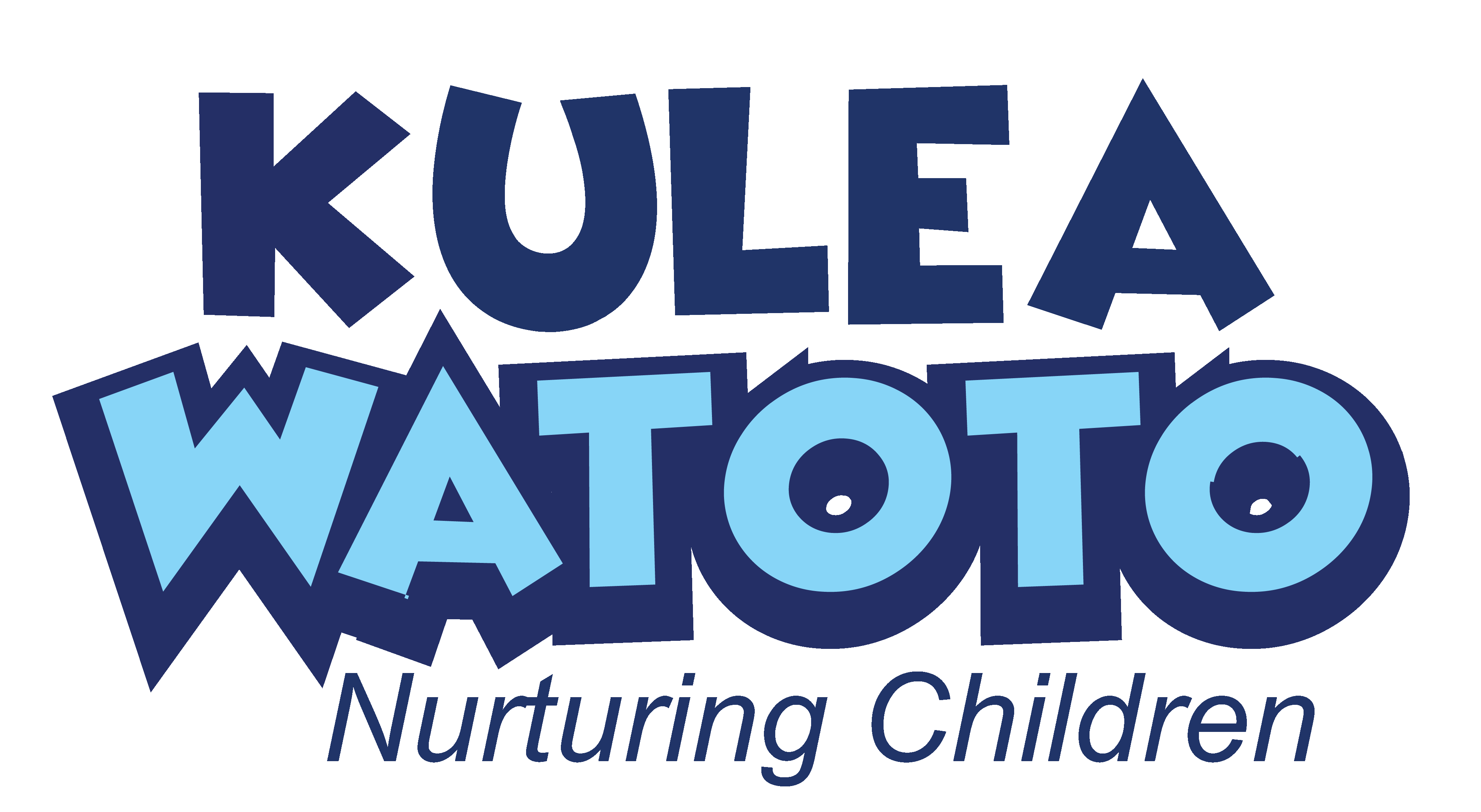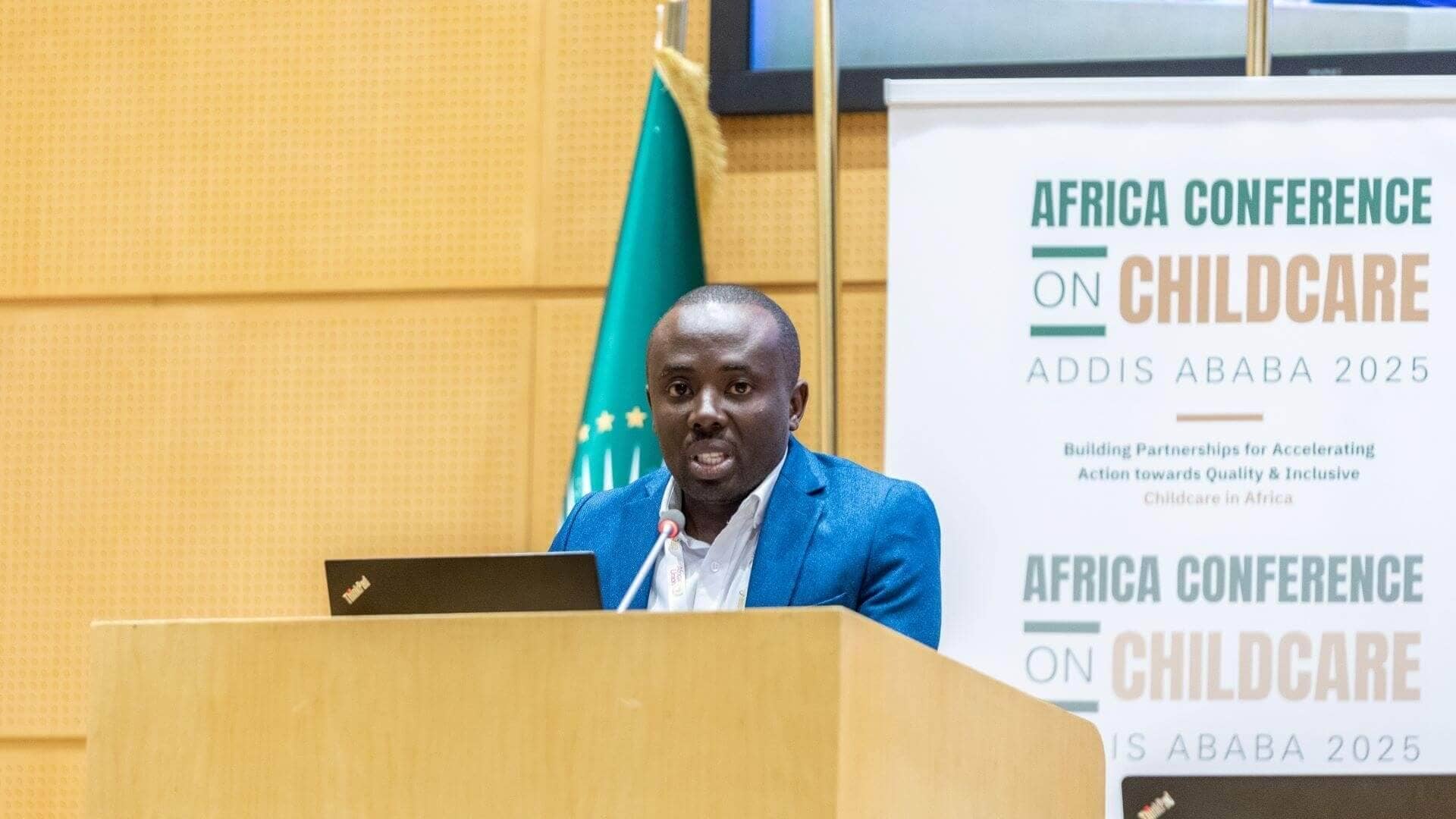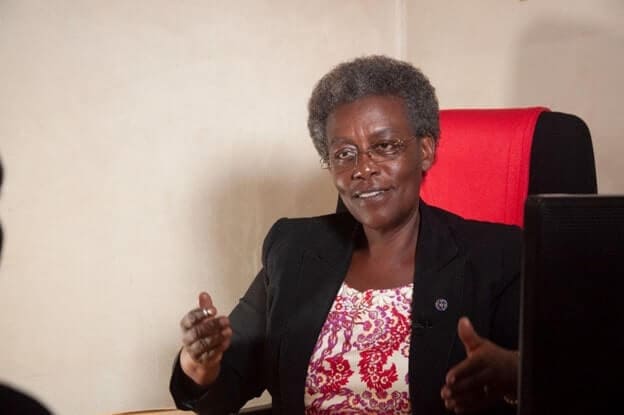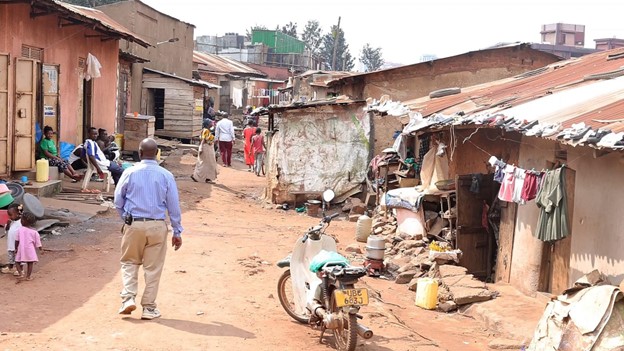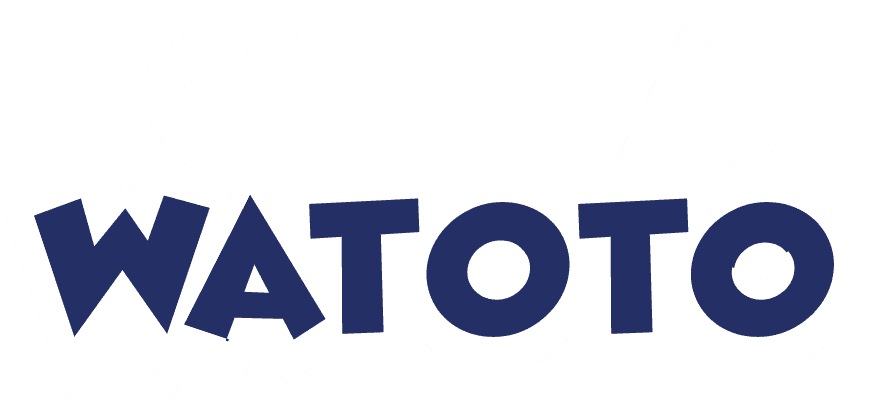Gardening to Improve Nutrition at ECD Centers in Kyegegwa
Gardening to Improve Nutrition at ECD Centers in Kyegegwa
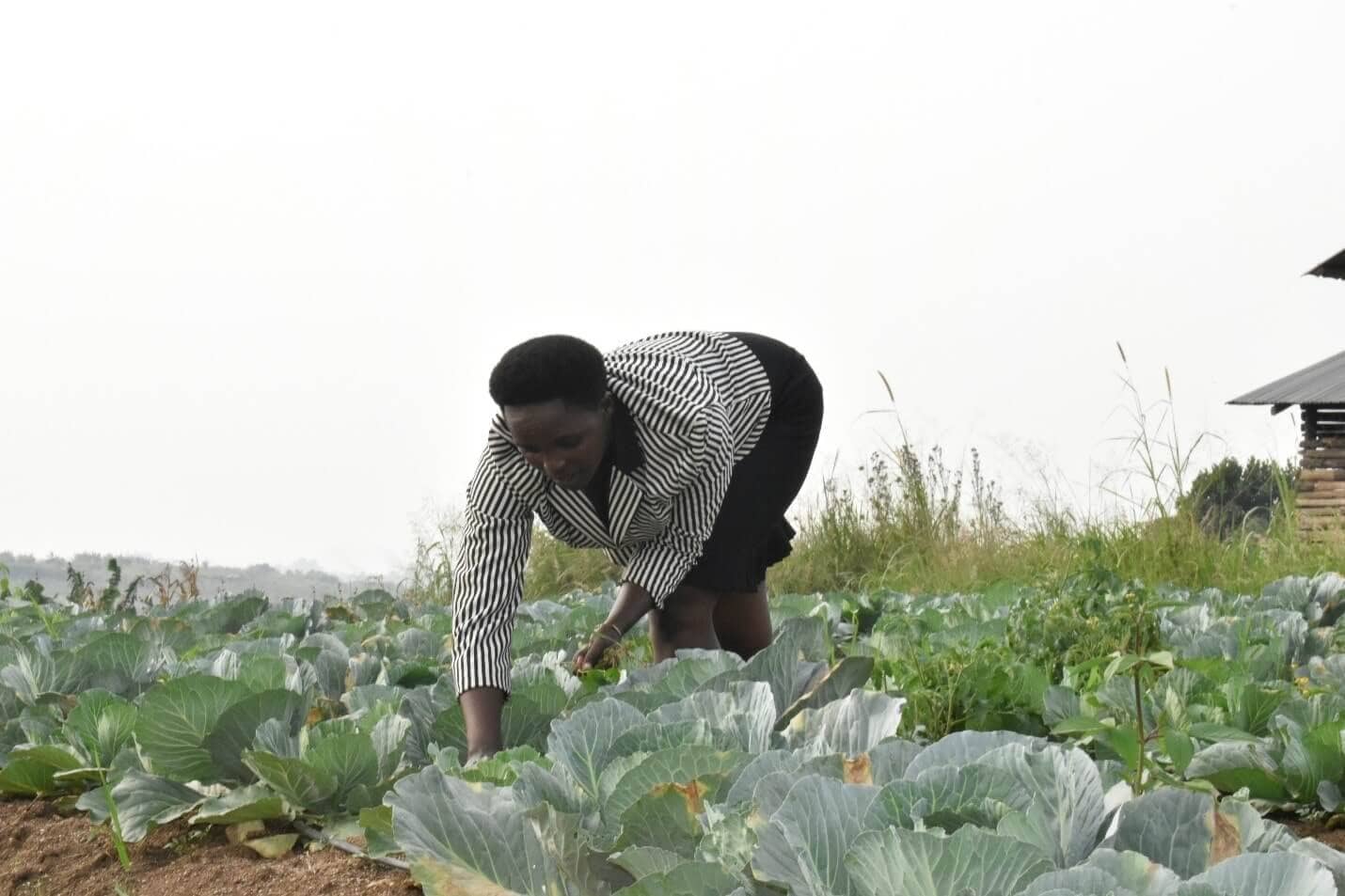
Enid Kyarisima inspects a demonstration garden at the Lucky Nursery School, an ECD Center in Kyaka II Refugee Settlement
Enid Kyarisiima, 32, a mother of one is a famer who lives in Mukondo C Village, Kyegegwa District. She’s a dedicated caregiver (teacher) at Lucky Nursery School in Mukondo C Zone, nestled in the heart of the Kyaka II Refugee Settlement in Kyegegwa District. Lucky Nursery School is one of the 53 Early Child Development (ECD) centers supported by the Kulea Watoto project in the district with an aim of enhancing early child development in the settlement.
At Lucky Nursery School, Kyarisima attends to 235 children aged 3-6 years providing them with a nurturing environment to learn and grow. Her day starts early at 8:00 AM and wraps up at 12:30 PM, packed with activities designed to stimulate young minds.
At each of the 53 ECD centers in Kyegegwa District, the Kulea Watoto project has established demonstration gardens that serve multiple purposes, from providing a space for children to engage in outdoor activities to offering practical lessons in nutrition and sustainable living for parents. Kyarisima is at the forefront of this initiative, working with the Center Management Committee (CMC) whose members were trained by the project to make the most of the available land at the ECD center.
Inspired by the training received from the Kabarole Research and Resource Centre-Uganda (KRC-Uganda), a consortium member under the project, the ECD center CMC secured seeds for onions and cabbages. They cultivated a thriving garden, even in the face of a prolonged drought. Their efforts paid off with a bountiful harvest.
“We were able to harvest 60 heads of cabbage which we sold at Shs.1,000 each. This benefited the school by providing nutritious meals for our learners,” Kyarisima says.
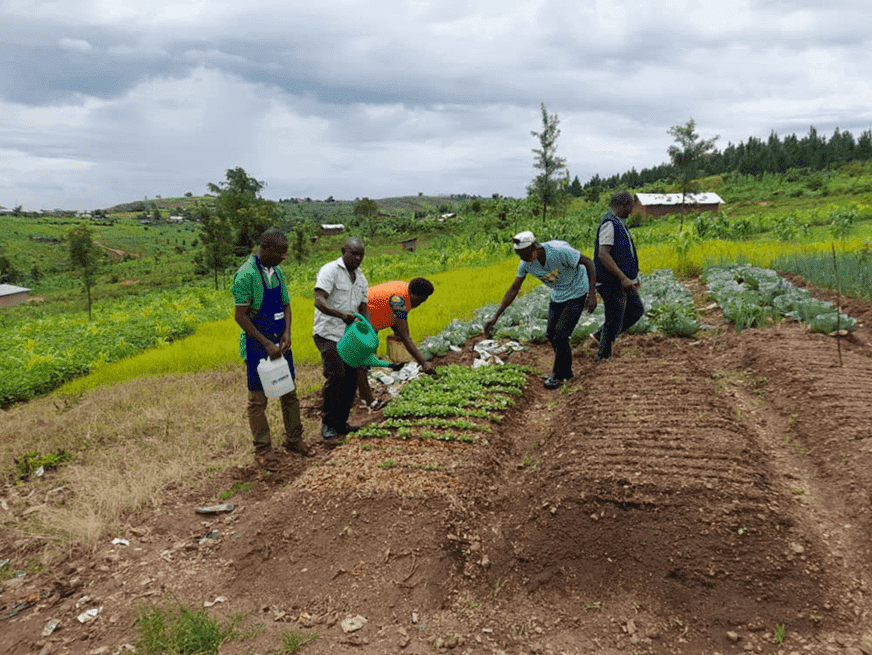
KRC-Uganda (Kulea Watoto Consortium partner) Agricultural Extension Worker supports the CMC members in establishment of nursery beds
Their success didn’t stop here. In October 2023, the school received more seeds and farming equipment that included jerry cans, hoes, pangas, gum boots, watering cans, pesticides, spraying pump, chain links, and poles. This enabled them to grow more vegetables that included cabbages, swiss chards, carrots, green peppers, and onions. They have since harvested a combined total of 263 cabbages, which were sold for Shs.1,500 each, resulting in earnings of Shs.394,500. Additionally, they earned Shs.150,000 from the sale of carrots and onions. They still have 310 heads of cabbages and onions remaining, which are scheduled to be sold in February 2024.
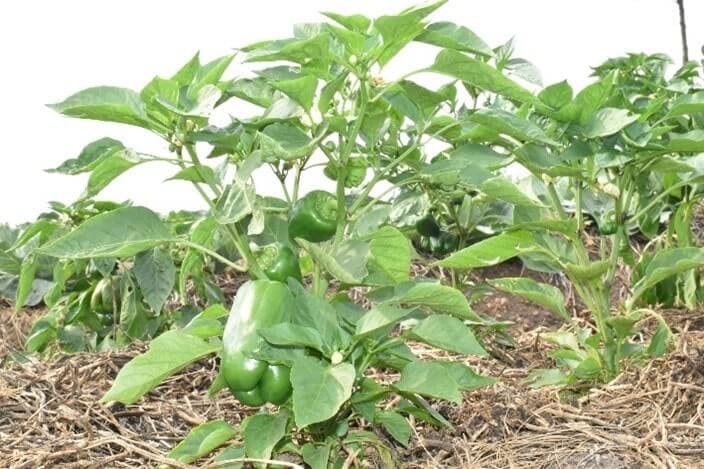 | 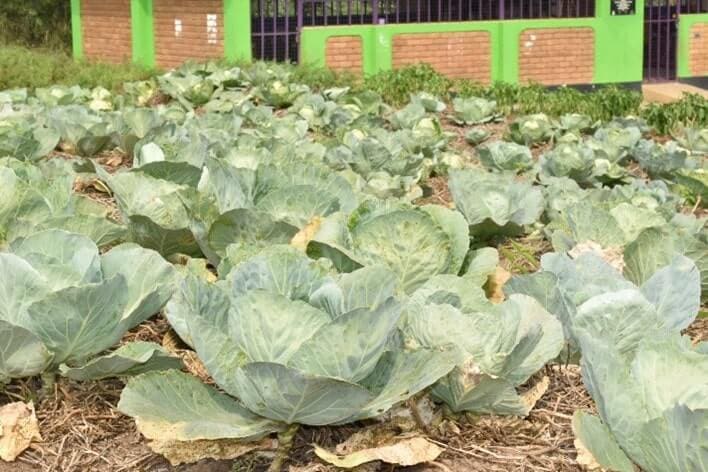 |
Thriving green pepper and cabbage gardens at Lucky Nursery School. Harvests are supporting to improve diets of chidren enrolled at the ECD center
The school is currently embarking on a campaign to improve nutrition for children in its catchment, reaching out to more parents. “We have engaged 10 households with malnourished children and trained them on establishing their own kitchen gardens. This we believe will help them provide continuous nutritious meals for their children and sell off the surplus to supplement their household income, Kyarisima says.
Kyarisiima and her team have big plans. They aim to expand their garden, cultivate maize and beans, and initiate a school feeding program. Their goal is to ensure that every household in the ECD catchment area has a thriving vegetable garden, promoting self-sufficiency and healthy living. She is grateful for the support and training provided by Kulea Watoto, which has empowered her and the CMC with valuable skills in early child development and sustainable agriculture. With their continued dedication, they are making a tangible difference in the lives of children and families in the settlement.
